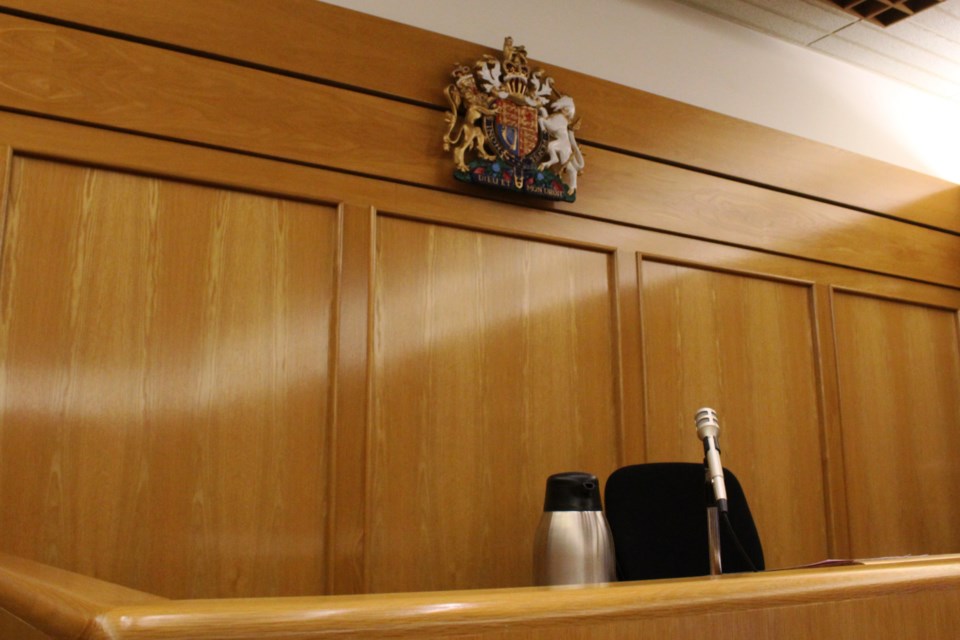The ruling of Douglas Lake Cattle Company vs. Nicola Valley Fish and Game Club wasn't the only major decision made in Kamloops court Friday (Dec. 7).
B.C. Supreme Court Justice Joel Groves made the choice to call upon on the provincial government to review the Trespass Act, as well as regulate access to lakes in an epilogue delivered after his ruling on the civil matter surrounding Stoney Lake and Minnie Lake.
"Having made the determinations that I've made in this case, I feel I would be remiss if I did not address what, in my view, are the elephants in the courtroom," he said to the gathered crowd.
According to Groves, who used to reside in the area, this was the first time in his 17-plus years as a justice in the superior courts that he chose to comment to the government through his ruling.
He recommended that if the B.C. government was going to continue ownership of bodies of water, they needed to regulate how they are accessed.
"It makes no sense to me that the Crown would retain ownership of lakes, only for there to be no access because someone owns all the lands surrounding the lake," Groves says in his epilogue.
He warned that more cases like this would come forward as the population of B.C. increases, but the land and water remains finite.
"Our province is growing and the legitimate demands of rural landowners who may make their living off the land will no doubt continue to come in conflict with the legitimate actions of citizens who desire to access lakes for recreation, fishing or simple enjoyment."
Groves noted that during the case he learned there was no full inventory of roads within the province. The Ministry of Transportation and Infrastructure says they have a list of all provincial highways, bridges and roads but aren't aware of the existence of a comprehensive list of all public and private roads across B.C.
"The ownership of the lake beds is, no doubt in large part, intended to be collectively held for the benefit of all citizens in the province. As that is the case, consider doing what other jurisdictions have done and guarantee access to this precious public resource."
He also noted the Trespass Act be reviewed as some interpretations of the law are outdated. Groves specifically highlighted one relevant to the case, where if the land is flooded and someone crosses the flooded water, that is still trespassing.
"This act is a historic piece of legislation, passed in the 1800s, a time when the circumstances here may not have been in the reasonable contemplation of those who passed it," he says. "By the circumstances here, I mean the purposeful flooding of your own land, with government-owned water, potentially for irrigation storage but with the added benefit of surrounding a government-owned lake bed with your own water on your own land. This then could result under one interpretation of them with an ability to deny access."
Groves ultimately ruled against such an interpretation but noted that these are broader issues that cannot be decided based on litigation between two parties.



